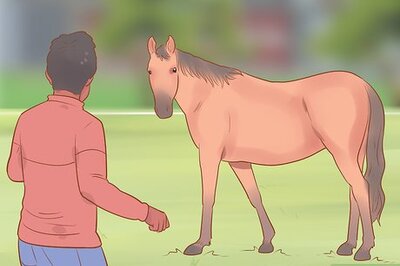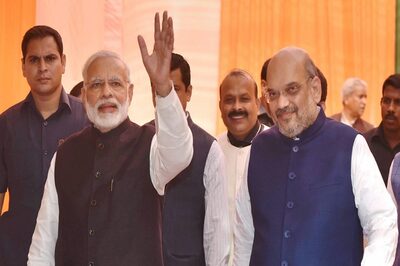
views
Millions of British voters are flocking to polling booths on July 4, continuing a longstanding tradition where UK general elections are held on Thursdays. Dating back to 1918, this practice has historical roots and persists today due to several cultural reasons.
READ MORE: UK Elections 2024 LIVE Updates: Sunak, Starmer, Farage Cast Votes As Millions In Britain Await Next PM
Before 1918, when the UK’s Representation of the People Act expanded suffrage, general elections in the country could occur on any day of the week. This led to multi-day voting across constituencies, potentially influencing outcomes through a bandwagon effect for winning parties. According to The Sun newspaper, the 1918 Act mandated a single polling day but did not specify which day of the week it should be held.
2024 UK Election: Full Coverage
That year the general election deviated from tradition and was held on a Saturday. However, later Thursdays emerged as the preferred day. This choice was influenced by economic and social factors, such as workers receiving their weekly wages on Fridays, which made Thursday voting convenient as it allowed them to participate before the weekend.
There was a concern that holding elections on Fridays might reduce turnout, with voters possibly being inclined to head straight to pubs after work instead of to the polls. Additionally, there were fears that conservative brewing interests could exert undue influence on voters in pubs. Sundays were also ruled out due to concerns that church leaders could sway votes based on sermon content. Thursdays were beneficial because they were often market days, allowing voters to visit polling stations while attending to other errands.
Moreover, early-closing days for retail and service workers were typically Thursdays, affording them enough time after work to participate in elections. Some also argue that scheduling elections on Thursdays had a psychological effect: workers could fulfill their civic duty and then enjoy the reward of payday on Fridays. Despite this tradition, exceptions have occurred. In 1978, Hamilton, Scotland, held a by-election on a Wednesday to avoid clashing with the World Cup kickoff in Argentina the following day.




















Comments
0 comment